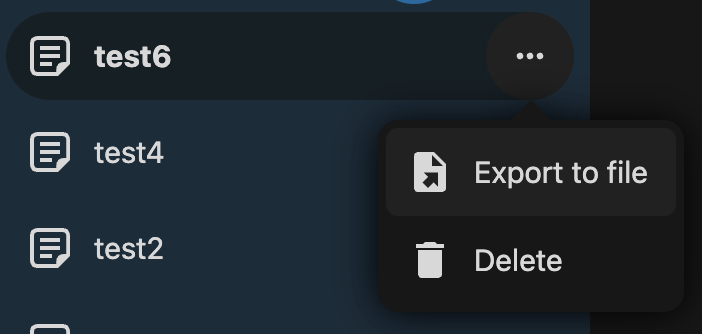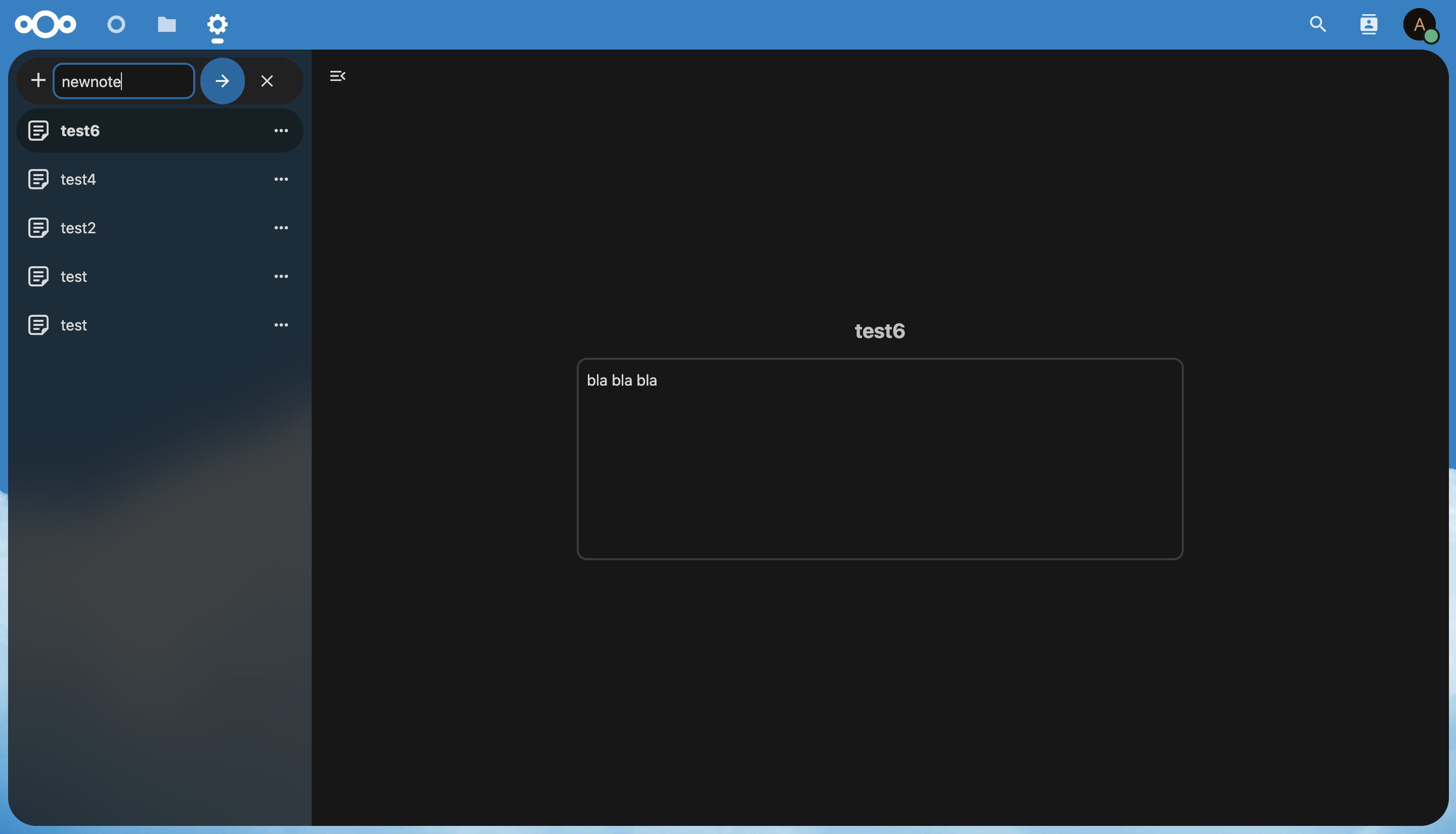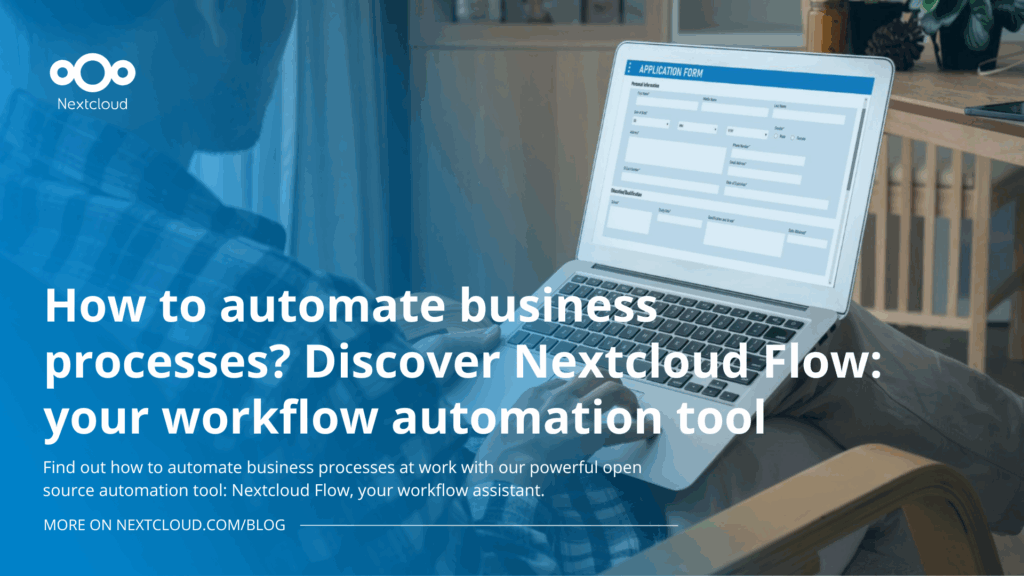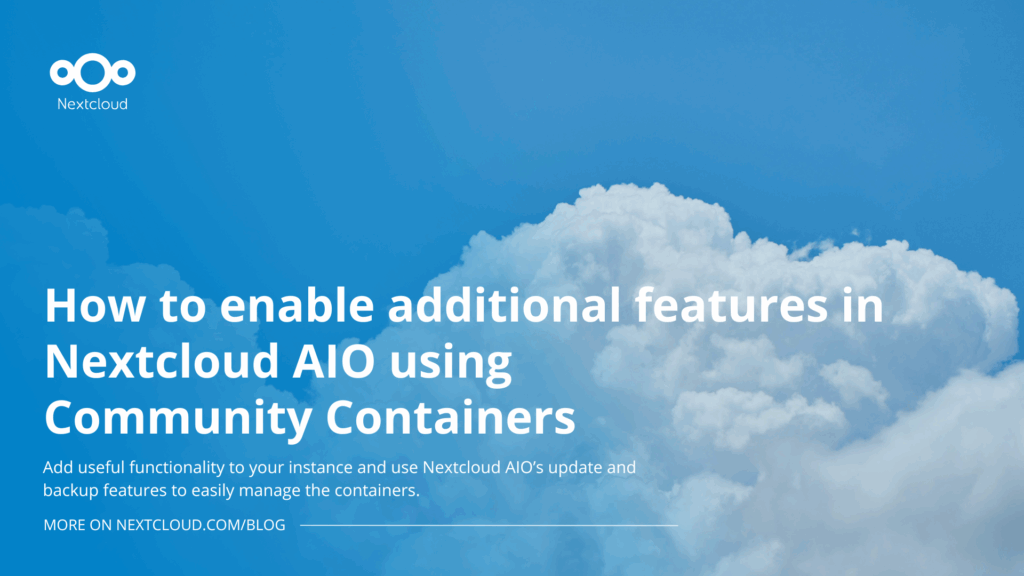Develop your own Nextcloud Apps: Check out our new tutorials!
18. Juli 2023
Mikaela Schneider
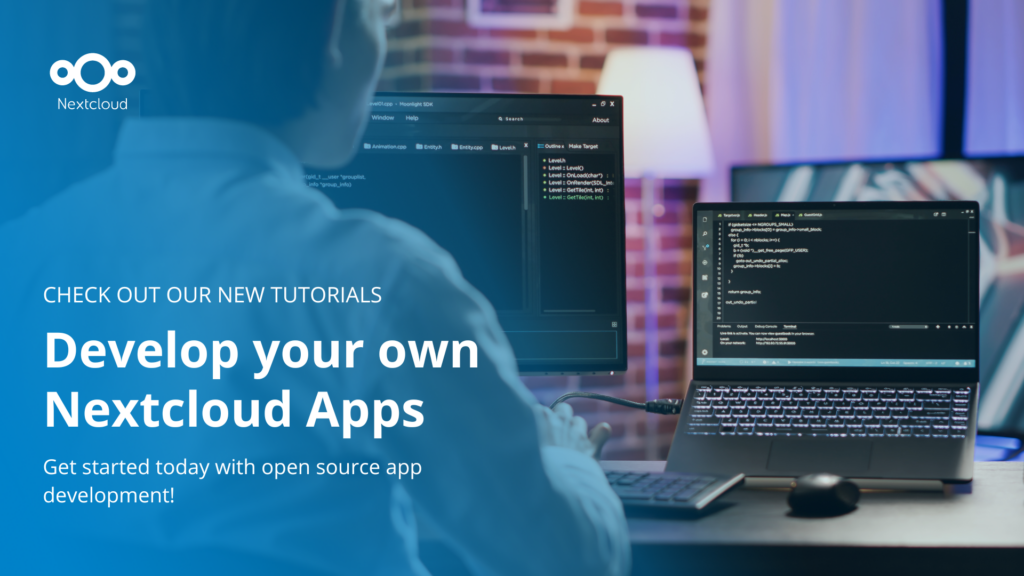
Whether you’re an amateur, experienced or an expert developer, our tutorials will prepare you for developing apps for Nextcloud.
We focus on open source app development and are commited to providing our community all the tools they need to transform their ideas into real Nextcloud apps.
Why Nextcloud Apps?
Jump start 🚀
Nextcloud offers you the basics to build your app upon. Authentication, file handling and sharing, access control, mobile and desktop clients – don’t worry about that, we got you covered!
Open source 💙
It’s all open source, so you can draw inspiration from the code of other apps.
Strong community 👩💻
Be part of the awesome open-source community that is welcoming, encouraging and like a family.
Big Audience 🌍
There are between 200-300k Nextcloud servers on the web. The most downloaded apps on our app store are installed on over 100k servers and have millions of users!
Free promotion 📢
If you create an app, extension or integration, Nextcloud will help you promote it. We are happy to work with you!
Business opportunity 🙌
If you build an app, script, extension or tool as a business endeavor, we will be happy to support your effort. We love our ecosystem and want you to benefit from it!
So what are you waiting for?
Read on to discover our brand new Nextcloud App development tutorials! ⤵️
Developing a complete app
If you have a groundbreaking idea for an app, now’s your chance to develop it from scratch!
In this tutorial, you will learn how to develop a complete app with a navigation bar and database.
After the tutorial you will know how to:
- Create a stand-alone app with a navigation menu
- Use the database
- Extend Nextcloud’s API with your app’s endpoints
- Export data that is stored by your app in the database to a file
Add automated tests to your app
After you’ve set up your own app, you can learn how to configure automated tests for it!
Learn how to use GitHub Actions – a continuous integration and continuous delivery (CI/CD) platform allowing you to automate your development workflow. With GitHub Actions, app developers don’t have to deploy a test environment for all the different Nextcloud, PHP and database system versions.
You’ll see just how convenient it is to have tests being triggered automatically so they are running for each pull request.
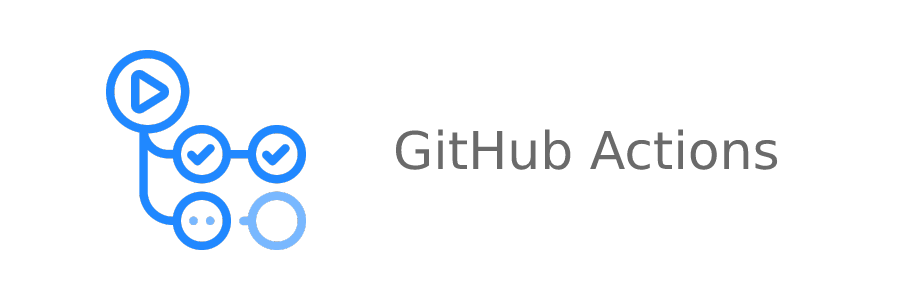
After the tutorial you will know how to:
- Use GitHub Actions to set up a specific Nextcloud test environment
- Configure which tests to run
- Implement tests
- See if the tests ran successfully
Basic troubleshooting techniques

Is your app not functioning as expected? Do you not know why the code is not working properly?
This tutorial will teach you how to:
- Restart your Nextcloud instance
- Access the browser console
- Get the Nextcloud.log file
EXTRA: Set up a test environment – Reproducing bugs and testing PR’s
For those working on the core of Nextcloud, you can learn how to set up an easy test environment using Simon’s Nextcloud Easy Test Instance.
This is a super quick instance using docker for Nextcloud to quickly launch different versions of Nextcloud which is great for reproducing bugs, testing PR’s, and user testing UX changes.
After this tutorial you will know how to:
- Set up a local Nextcloud environment for testing purposes
- Test PR’s for Nextcloud
- Quickly reproduce bugs on different Nextcloud versions and get logs
- Set up multiple environments for user testing UX changes
Andere Beiträge
- 11. Juni 2025
- Allgemein Award Nachrichten
Nextcloud erhält als erste Cloud-Software das Blauer Engel Umweltzeichen für Green IT
Nextcloud ist die erste Cloud-Plattform, die mit dem Umweltzeichen „Blauer Engel“ ausgezeichnet wurde und damit beweist, dass eine digital souveräne und grüne IT möglich ist.
Mehr lesenNextcloud Talk „Munich“: Resiliente Kommunikation und Zusammenarbeit
Wir stellen Nextcloud Talk „Munich“ vor - eine digital souveräne Open-Source-Kommunikationsplattform für hybride Teams, die eine starke Antwort auf die Clouds von Big Tech bietet. Jetzt noch resilienter, leistungsfähiger und einfacher in der Anwendung. Erfahren Sie mehr.
Mehr lesenNextcloud Hub 10: Ihr einheitlicher, modularer, digitaler Arbeitsplatz
Willkommen bei Nextcloud Hub 10. Die neueste Version der Plattform bietet eine besserte Leistung für alle Apps, besser Integration Plattform und Dutzende neuer Funktionen, die Ihnen den Alltag erleichtern werden.
Mehr lesenDie Open-Source-Antwort auf Microsoft Teams
Unternehmen, ob klein oder groß, brauchen eine Möglichkeit, die Ausfallsicherheit und digitale Souveränität ihrer Abläufe zu gewährleisten - eine Open-Source-Alternative zu Teams, die die Privatsphäre respektiert. Und heute stellen wir diese Lösung vor - Nextcloud Talk.
Mehr lesen- 6. März 2024
- Geschäftlich
Bechtle und Nextcloud bieten digital souveränen Kollaborationsdienst für den Public Sector
Bechtle und Nextcloud kündigen heute eine vollständig verwaltete Kollaborationsplattform für den öffentlichen Sektor an, die keiner Ausschreibung bedarf und sofort bereitgestellt werden kann.
Mehr lesen- 13. Juni 2023
- Community Nachrichten Pressemitteilung Release
Introducing Hub 5: first to deliver self-hosted AI-powered digital workspace
Our mission is to help individuals, businesses and organizations achieve digital sovereignty and regain control over their data. Nextcloud Hub 5 marks a massive step forward towards achieving this mission, putting the power of AI into your hands – in a way that keeps you in control. New release, new possibilities Hub 5 builds on […]
Mehr lesen- 10. Juli 2025
- Blog Geschäftlich Allgemein Uncategorized
How to automate business processes with Nextcloud Flow?
Find out how to automate business processes at work with our powerful open source automation tool: Nextcloud Flow, your workflow assistant.
Mehr lesen- 9. Juli 2025
- Blog Community Uncategorized
How to enable additional features in Nextcloud AIO using Community Containers
Nextcloud All-in-One (AIO) supports Community Containers that let you easily add useful functionality to your instance and plug into Nextcloud AIO’s update and backup features.
Mehr lesen- 3. Juli 2025
- Blog Geschäftlich Allgemein
What is vendor lock-in? The real price of Big Tech
Discover the full cost of vendor lock-in. How does Big Tech limit your freedom? And what can open source solutions like Nextcloud do for you?
Mehr lesenContinue the discussion at the Nextcloud forums
Go to Forums_pk_id*: Hilft, die Besuche nicht doppelt zu zählen.
mtm_cookie_consent: Erinnert daran, dass der Nutzer seine Zustimmung zur Speicherung und Verwendung von Cookies gegeben hat.
_pk_id*: 28 Tage
mtm_cookie_consent: 30 Tage







